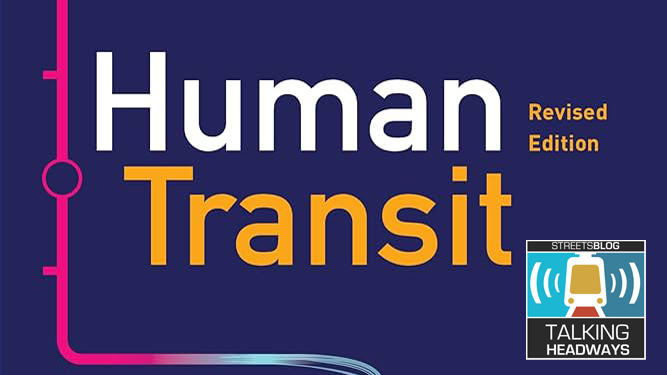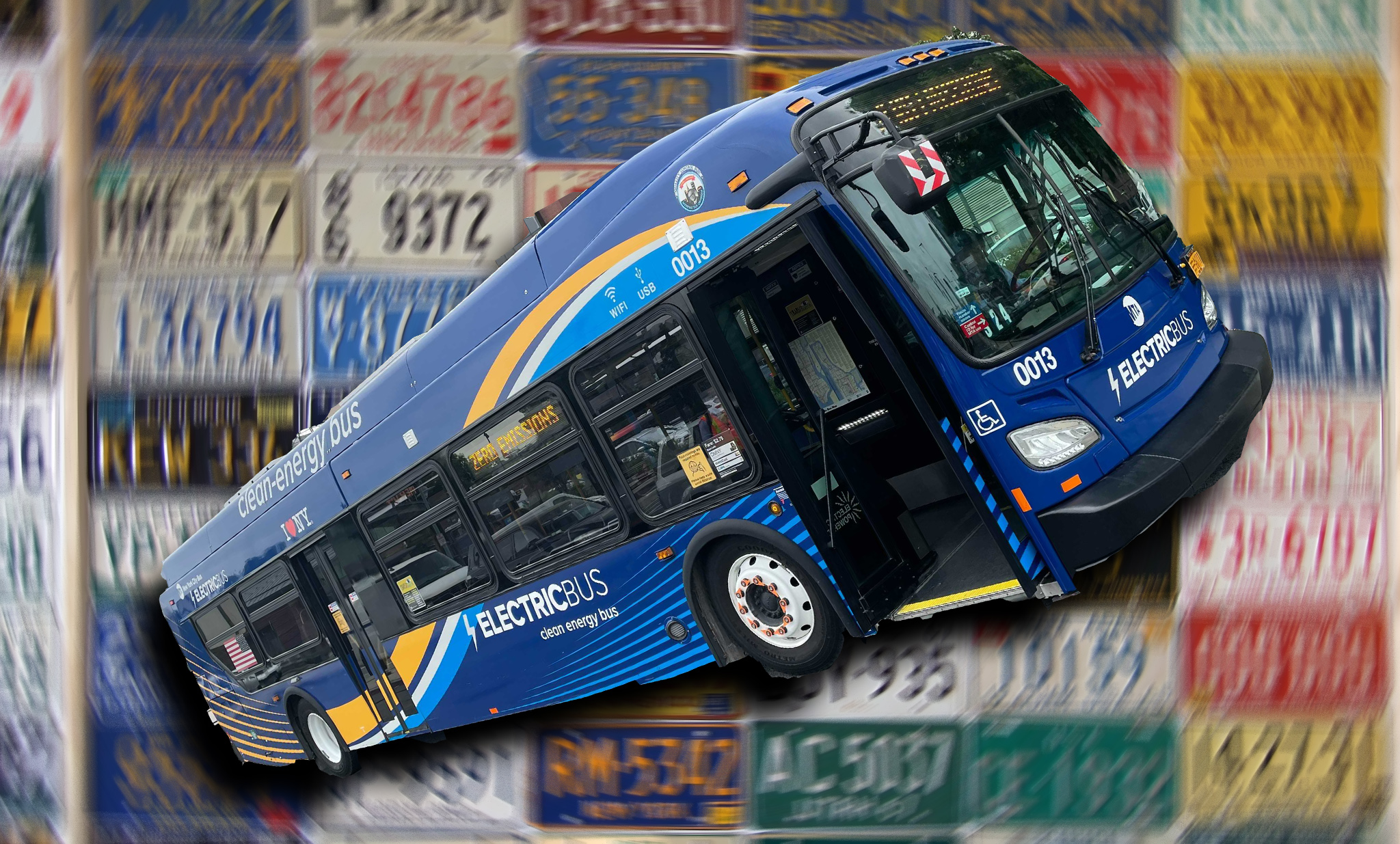Cities are getting a disproportionately small share of the road money given out by the White House's stimulus plan, but the nation's top 20 metro areas are doing better when it comes to transit -- taking in 61 percent of the transit stimulus cash allocated so far, according to an analysis by Streetsblog Capitol Hill.
That share for the top 20 cities (viewable in graphic form here) can be compared to the 28 percent of road money received by the same metro areas, according to a New York Times analysis published today.
But it's important to note that the Federal Transit Administration (FTA) got $8.4 billion in the
stimulus law, a much smaller share than the $26.6 billion that went to
roads. Does 61 percent of a much smaller pie balance out 28 percent of a larger pie?
The same 20 metro areas generate 46 percent of the nation's GDP, the Times found.
Asked to respond to the Times' piece, which echoes a report issued last month by the U.S. Conference of Mayors, a spokeswoman for the U.S. DOT pointed to its focus on road projects to the exclusion of transit:
A tunnel vision focus on wherehighway dollars are going does not give a complete picture of the impact theRecovery Act is having on cities around the country.
Billions of dollars intransit money are already out the door and more is on the way to help our urbancenters with their vital transportation systems that carry millions of peopleeveryday.
The U.S. DOT's contention is correct, in a sense; large cities did receive the lion's share of the stimulus' transit cash. Still, only 10 percent of cities' transit stimulus money could be used to close deficits in their operating budgets, which amounted to small potatoes for many large urban systems.
And what's most stunning about the transit data may well be the metro areas that have gotten no targeted money yet from the FTA: Baltimore, St. Louis, Phoenix, Miami, and New York City.
The Times road-money data remains dismaying news for advocates who had pushed for cities to get a
direct share of the transportation stimulus, only to see states and
local metropolitan planning organizations (MPOs) -- which tend to have a weakness for sprawl-inducing highway capacity projects -- control the process.
What's more, as my colleague Ryan noted,
the shortchanging of cities is a powerful argument for focusing more federal attention on cities'
transportation needs. The recently unveiled $450 billion bill from the
House transport committee does its part for urban planning, but its lack of performance targets to guide cities' choice of projects remains a major question mark in that legislation.
(A couple of notes about Streetsblog Capitol Hill's analysis: The source material was the FTA's publicly available tally of stimulus grants. Also, a liberal interpretation of city boundaries was used, with suburban areas in a 50-mile radius counted as part of metro areas.)




